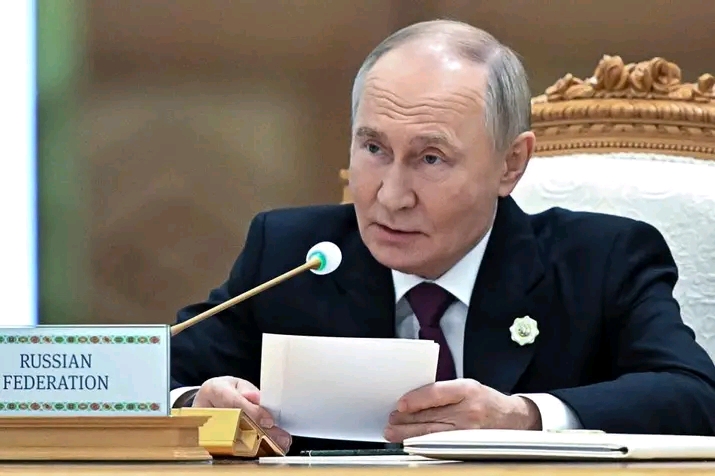By Ollus Ndomu
Russia is grappling with a shrinking domestic workforce and is increasingly looking to migrant labor to fill the gap. Kremlin spokesman Dmitry Peskov has emphasized that only legally employed migrant workers are welcome, as the country deals with economic challenges worsened by its ongoing war with Ukraine.
The demand for migrant labor comes as Western sanctions and the war strain Russia’s economy. With its population in decline, the Kremlin sees foreign workers as essential to sustaining industries such as construction, agriculture, and manufacturing.
However, the geopolitical backdrop, including President Vladimir Putin’s indictment by the International Criminal Court (ICC), raises questions about the viability and appeal of such opportunities.
Many African nations, facing unemployment and limited prospects, have become a target for Russian recruitment efforts. While job opportunities abroad are enticing to some, concerns about legality, safety, and ethical considerations weigh heavily. For Africans considering migration, Russia’s international isolation and political climate add further complexity.
Russia’s outreach is seen by some as a continuation of its bid to strengthen ties with African countries, often framed as an alternative to Western influence. Over the years, Moscow has positioned itself as a partner for African nations through trade, military cooperation, and cultural exchange. This labor drive may be an extension of that strategy.
Despite the allure of employment, potential migrants must contend with Russia’s history of xenophobia and racism, as well as its ongoing conflict with Ukraine. Reports of African students and workers facing discrimination during the early stages of the war remain fresh in public memory.
Some African governments are cautiously exploring these job opportunities, balancing the potential for economic benefit with the risks posed to their citizens.
Labor migration agreements are being scrutinized to ensure the protection of workers’ rights and safety, particularly in a volatile geopolitical context.
The push for foreign labor highlights Russia’s broader challenges in maintaining economic stability amid international sanctions and demographic decline. For many Africans, the decision to work in Russia is fraught with moral, political, and practical implications.
As Russia continues to court Africa, the continent finds itself once again at the center of a tug-of-war between global powers, raising broader questions about agency and partnership in international labor markets.


